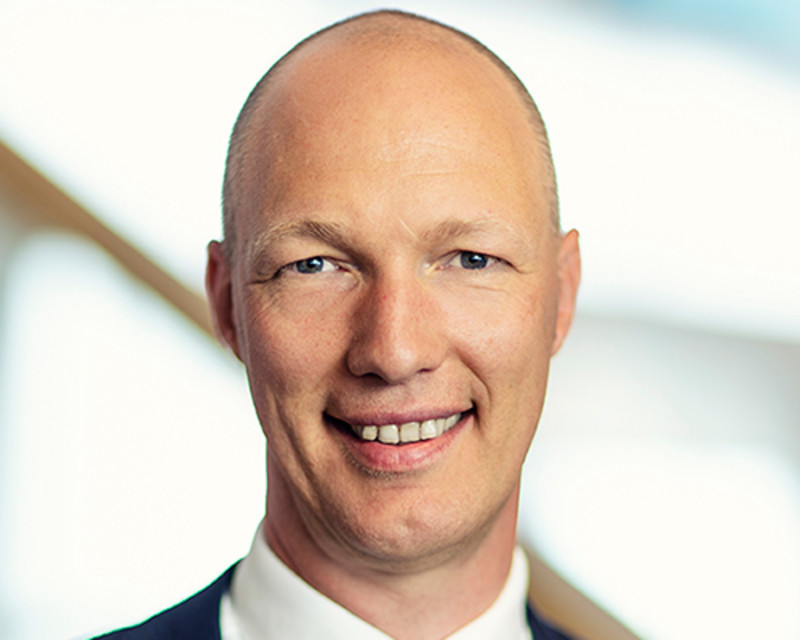

Engagement themes 2025: from deforestation to diversity
Climate and nature will remain the main focus for Robeco’s engagement work in 2025, with two new themes focusing on transition and shareholder rights.
概要
- Deforestation and diversity themes to cover commodities and human capital
- Two new engagement topics for transition minerals and shareholder rights
- Focus on deepening existing themes rather than launching a raft of new ones
The Active Ownership team will expand its existing nature engagement to cover natural resource management, and a wider range of commodities affected by deforestation, while broadening the scope of diversity engagement to focus on improving human capital management.
Two new themes will cover supply chains in transition minerals and the issue of shareholder rights being watered down in certain jurisdictions. Most of the work in 2025 will, however, expand ongoing themes such as the ‘evergreen’ topic of tackling climate change and the nature issues related to it.
“We continue to significantly invest a lot of time in our climate engagement, and are now in the process of establishing nature targets connecting to our net-zero roadmap,” says Peter van der Werf, Head of Active Ownership at Robeco.
“There will be a lot more attention on deforestation as we expand our engagement from palm oil to include soy, beef, leather, paper and pulp in that program as well. We’re also looking to expand our natural resource management theme in which we focus on water and waste, because those are also important drivers of biodiversity loss, which is another topic we want to address.”
“And we’re broadening the scope of our work on diversity and inclusion to do more on human capital management. We can then address a range of issues relating to employee relations, employee satisfaction and whether employees feel themselves valued at work.”
了解最新的可持續性市場觀點
訂閱我們的電子報,探索塑造可持續投資的趨勢。
Fuelling the transition
The engagement themes are chosen each year in consultation with clients, other external stakeholders, and Robeco’s investment teams. Climate remains the top choice, and as the focus is increasingly moving toward achieving net-zero emissions, transition has become the principal topic.
“When we consulted our clients during our client panel and received feedback from our investment teams, there was unanimous support for starting a theme on transition minerals,” says senior sustainability investing specialist Ghislaine Nadaud.
“In our engagement with transition sectors, we will be not only focusing on downstream or upstream activities. In the transportation sector, we’ll be looking at the whole electric vehicle battery supply chain, from the mining of the critical minerals needed, to the wider issue of the electrification transition.”
“We’ll investigate some of the battery makers and maybe some of EV producers as well. So, it’s really taking a whole supply chain perspective in these transition sectors and not just zeroing in on individual companies.”
Building on other themes
The transition minerals engagement builds on the existing themes for the Just Transition and net zero carbon emissions engagement, focusing both on climate and human rights.
“Transition minerals are vital for the technologies that are decarbonizing our economy,” adds engagement specialist Harry Ashman. “Yet their extraction can be accompanied by problems, for example with deforestation linked to nickel mining in Indonesia, lithium extraction impacting water quality and quantity in South America, and cobalt mining connected to social issues in Congo.”
“As new mines open to meet the growing demand for these minerals we’ll be encouraging companies to uphold high environmental and social standards across a range of key issues.”
Engaging with policymakers
The second new theme on shareholder rights takes a different approach to the normal route of corporate engagement over selected ESG issues. Governments or regulators want to make stock market listings more attractive by applying business-friendly regulations, but these often come with unintended consequences for shareholder rights.
“In quite a few jurisdictions, we are seeing legislation that was protecting shareholder rights being watered down or changed or in some form, and minority shareholder protection is weakening rather than strengthening,” Head of Voting Michiel van Esch says.
“We’ve seen this in several markets, including in Europe. Our focus will be more on policy engagement, so that's probably going to be harder to work on, as it’s not aimed at one single company in a portfolio, but a wider set of markets and regulators. It will mean consultations, writing letters to regulators, and other things.”
“The idea is to ultimately protect our investments at large, rather than looking to make changes at a small set of companies in one theme or investment portfolio. It’s a different set-up on policy engagement rather than company engagement.”
Why so keen on evergreen
In all, it means taking more time on the ‘evergreen’ themes linked to climate, biodiversity and human rights, which have long been identified as the biggest focus areas for sustainable investing.
“We’re focusing less on starting something new each year, because we want to focus more on things that are long-term risks for our clients’ portfolios, or structural transitions that need to take place in society,” Van der Werf says.
“By doing so we aim to create long term positive impact”.
Important information
The contents of this document have not been reviewed by the Securities and Futures Commission ("SFC") in Hong Kong. If you are in any doubt about any of the contents of this document, you should obtain independent professional advice. This document has been distributed by Robeco Hong Kong Limited (‘Robeco’). Robeco is regulated by the SFC in Hong Kong. This document has been prepared on a confidential basis solely for the recipient and is for information purposes only. Any reproduction or distribution of this documentation, in whole or in part, or the disclosure of its contents, without the prior written consent of Robeco, is prohibited. By accepting this documentation, the recipient agrees to the foregoing This document is intended to provide the reader with information on Robeco’s specific capabilities, but does not constitute a recommendation to buy or sell certain securities or investment products. Investment decisions should only be based on the relevant prospectus and on thorough financial, fiscal and legal advice. Please refer to the relevant offering documents for details including the risk factors before making any investment decisions. The contents of this document are based upon sources of information believed to be reliable. This document is not intended for distribution to or use by any person or entity in any jurisdiction or country where such distribution or use would be contrary to local law or regulation. Investment Involves risks. Historical returns are provided for illustrative purposes only and do not necessarily reflect Robeco’s expectations for the future. The value of your investments may fluctuate. Past performance is no indication of current or future performance.























